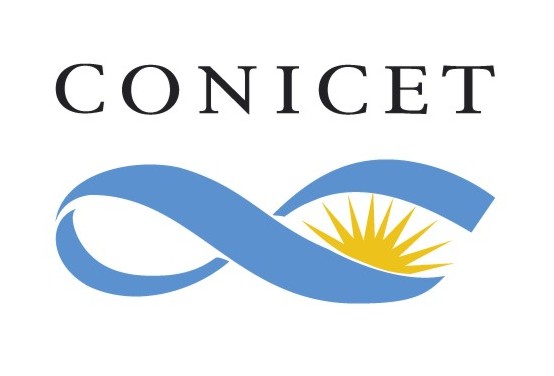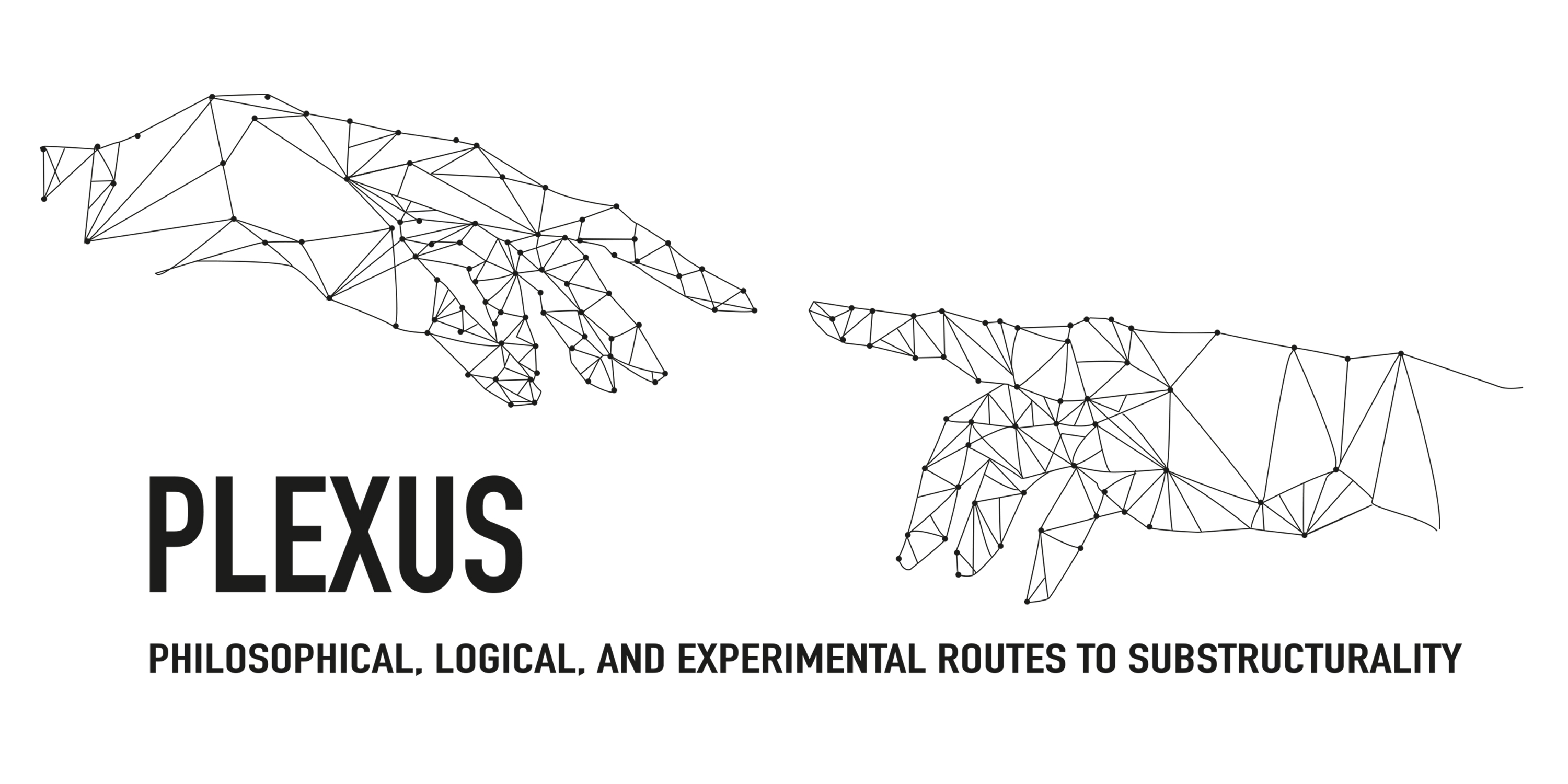July 17–19, August 08–09, 2024
IIF-SADAF-CONICET
Buenos Aires, Argentina
Andrea Iacona (Università di Torino):
“Conditionals: Inferentialism and Connexivity”
Carlo Nicolai (King’s College, London):
“On Recapturing Classical Logic”
Francesco Paoli (Università di Cagliari):
“Quantifiers in Strict Tolerant Logic”
July 17 – 19 (Wednesday–Friday)
14:00 – 16:00 (GMT-3): Carlo Nicolai
16:00 – 17:00 (GMT-3): coffee break
17:00 – 19:00 (GMT-3): Francesco Paoli
August 08 (Thursday)
17:00 – 19:00 (GMT-3): Andrea Iacona
August 09 (Friday)
14:00 – 16:00 (GMT-3): Andrea Iacona
16:00 – 17:00 (GMT-3): coffee break
17:00 – 19:00 (GMT-3): Andrea Iacona
Andrea Iacona: “Conditionals: Inferentialism and Connexivity”
The topic of this seminar is the logic of conditionals. Its main focus is the relationship between two claims about conditionals that are often discussed separately: one is inferentialism, the claim that conditionals express inferences, in the sense that a conditional holds when its consequent can be inferred from its antecedent. The other is connexivity, the claim that conditionals intuitively obey the characteristic principles of connexive logic. First, I will provide a brief survey of the history of conditionals, with special attention to these two claims. Then I will discuss some recent views that are both inferentialist and connexivist to some extent. Finally, I will present a line of thought according to which inferentialism and connexivity may coherently be understood as distinct manifestations of a single and more basic idea, namely, that a conditional holds when its antecedent is incompatible with the negation of its consequent. The account of conditionals I will suggest is based precisely on this idea.
Carlo Nicolai: “On Recapturing Classical Logic”
As a response to the semantic and logical paradoxes, theorists often reject some principles of classical logic. However, classical logic is entangled with mathematics, and giving up mathematics is too high a price to pay, even for nonclassical theorists. The so-called recapture theorems come to the rescue. When reasoning with concepts such as truth/class membership/property instantiation, if one is interested in consequences of the theory that only contain mathematical vocabulary, nothing is lost by reasoning in the nonclassical framework. In previous work I argued that this claim is misleading: recapture claims may hold for pure logics, but there’s no Liar or similar paradoxes for pure logics. As soon as some reasonable machinery to generate self-reference is in place, one can readily find counterexamples to them. The lectures will summarize the basic logical and philosophical issues underlying the debate and present some extensions.
The first lecture will be devoted to an overview of a reasonable setting to formulate the Liar and related paradoxes, recapture theorems, and their basic counterexamples. Among other things, I will introduce Kripke-Feferman theories of truth, their standard models based on fixed-point semantics, their internal nonclassical theories. In the second lecture, I will present several recapture claims and evaluate them both technically and conceptually. These include standard recapture strategies based on sharp syntactic distinctions such as the distinction between mathematical and non-mathematical vocabulary, recapture strategies based on restrictions by means of semantic notions such as groundedness or determinacy, and strategies relying conditions imposed on logical consequence such as JC Beall’s. The third lecture will be devoted to extensions of the results, open questions and invitation for further research.
Francesco Paoli: “Quantifiers in Strict Tolerant Logic”
Strict-Tolerant Logic (ST) underpins naive theories of truth and vagueness (respectively including a fully disquotational truth predicate and an unrestricted tolerance principle) without jettisoning any classically valid laws. The classical sequent calculus without Cut is sometimes advocated as an appropriate proof-theoretic presentation of ST. Unfortunately, there is only a partial correspondence between its derivability relation and the relation of local metainferential ST-validity – these relations coincide only upon the addition of elimination rules and only within the propositional fragment of the calculus, due to the non-invertibility of the quantifier rules. In this short course, we present two calculi for first-order ST with an eye to recapturing this correspondence in full. The first calculus is close in spirit to the Epsilon calculus. The other calculus includes rules for the discharge of sequent-assumptions; moreover, it is normalisable and admits interpolation. (This material is based on joint work with Adam Prenosil.)
First class. Preliminaries on Strict-Tolerant Logic: its philosophical motivation, its semantics. Proof theory for propositional ST. The problem with the quantifiers. Some lattice-theoretic notions (for later use).
Second class. The calculus STH. Presentation of the rules, examples of derivations. The completeness proof. Comparison with the Epsilon calculus.
Third class. The calculus MST. Presentation of the rules, examples of derivations. Normalisation. The structure of normal derivations.
We are thankful for the support provided by CONICET (Consejo Nacional de Investigaciones Científicas y Técnicas, Argentina) and PLEXUS (grant agreement no. 101086295, a Marie Sklodowska-Curie action funded by the EU under the Horizon Europe Research and Innovation Programme).



